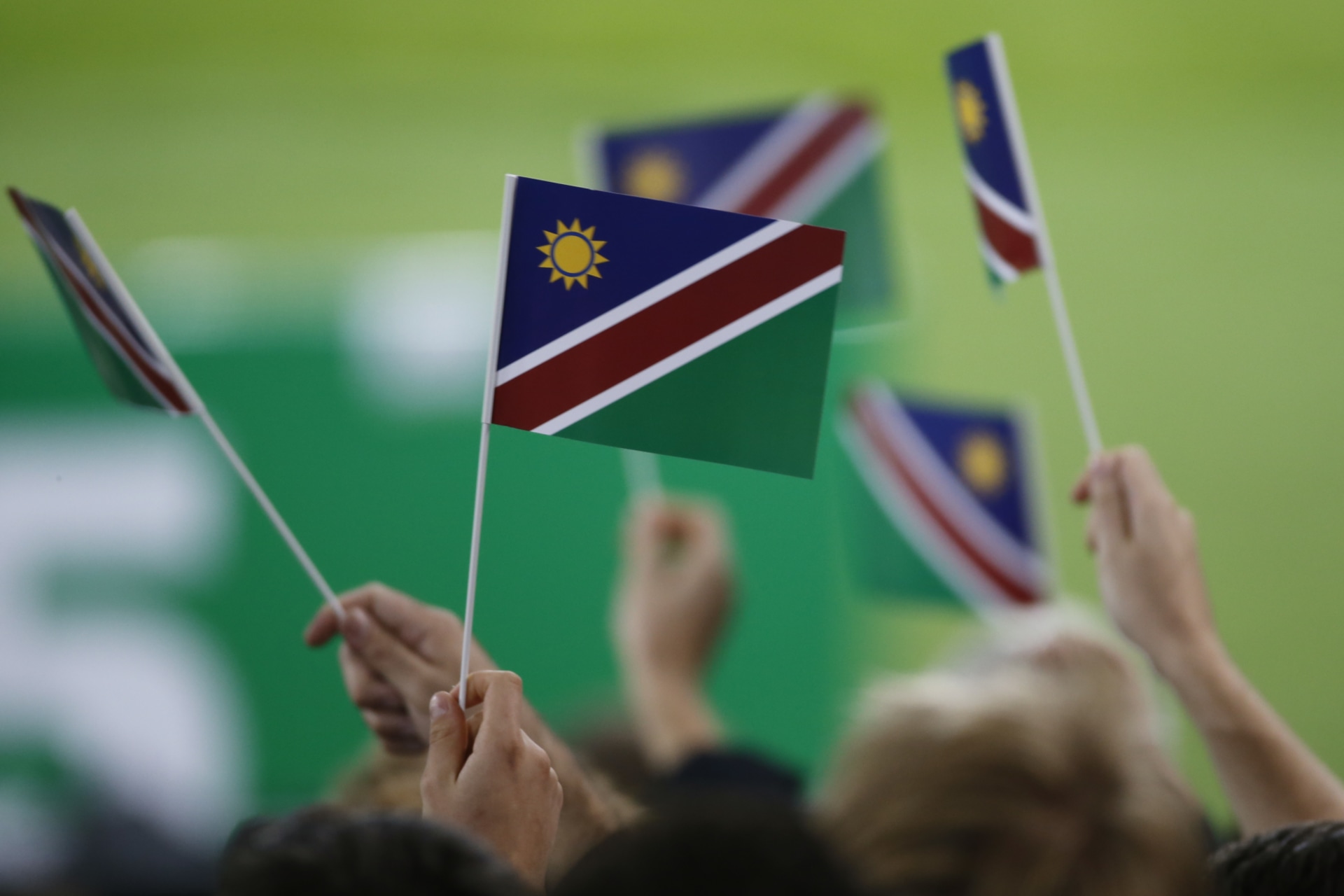Remembering Dirk Mudge, Pioneer of Multiracial Democracy in Namibia

By experts and staff
- Published
By
- Guest Blogger for John Campbell
Anthony Carroll is founding director of Acorus Capital, a private equity fund investing in Africa, and a vice president of Manchester Trade Limited, an international business advisory firm. He has over forty years of experience working with Africa and is an adjunct professor at Johns Hopkins School of Advanced International Studies.
As a part of its series “Those We’ve Lost,” the New York Times last week published the obituary of Dirk Mudge, who died of COVID-19 in Windhoek, Namibia on August 26, which was, fittingly, Namibia’s Heroes Day. While Mr. Mudge had retired from politics in 1993, he played a crucial role in Namibia’s independence and, as a result, in ending apartheid in neighboring South Africa.
I first heard the unforgettable name Dirk Mudge in 1977 while serving as a Peace Corps volunteer in neighboring Botswana. Mudge’s ancestors were Afrikaner farmers who trekked northward from South Africa in the 18th century. Their descendants are still very influential in the beef industries of both Namibia and Botswana. These Afrikaner settlers later came under the colonial rule of Germany during the late 19th century’s “scramble for Africa.” That scramble created South West Africa, where German colonial rulers perpetrated the first genocide of the 20th century, mostly against the Herero people. After Germany’s defeat in World War I, Namibia was placed under South African administration, a rule that continued in contravention of international law until 1990. (Actually 1994, with the handover of the port of Walvis Bay – the last “vestige” of that ruinous treaty, according to Namibia’s first chief justice Hans Berker).
After the 1948 election, South Africa came under the governance of the National Party, which instituted the odious system of apartheid. As its de facto “Fifth Province,” South West Africa was subjected to the same legal regime based upon exclusion and enforced by terror. By the 1970s, South Africa was embroiled in a costly and unpopular “border” war with Angola and fighters from the South West Africa People’s Organization (SWAPO). SWAPO has been Namibia’s ruling party since independence.
By the mid-1980s, it became clear that a military solution to South Africa’s continued illegal rule of Namibia was not viable. The U.S. government under the guidance of Assistant Secretary Chester A. Crocker played an important facilitating role in ending the Angolan war as did the UN special representative and Finnish Nobel Laureate Martti Ahtisaari.
However, no amount of external pressure would have worked without an insider to show South Africa the door. Dirk Mudge provided the needed “nudge.” While serving in the country’s All White Executive Committee, in 1977 he abandoned the National Party and formed a multiracial party, the Democratic Turnhalle Alliance (DTA). Despite the enmity of White Namibians and the historic mistrust of Black Namibians, Mudge played a pivotal role in disengaging South Africa (without the help of its administrator Louis Pienaar and South African intelligence and its “Third Force”) and began the negotiations for independence in 1990 and the drafting of a model democratic constitution. His “inside” role was similar to that of the UDF and DP in South Africa and perhaps provided a road map for the winding down of apartheid in South Africa. Conversely, had things gone badly in Namibia, resistance by conservative “verkramp” Afrikaner elements could have led to a different outcome. Upon learning of his death, Secretary Crocker paid tribute to this vital contribution, describing Mr. Mudge as “a serious and committed person who played a key transitional role in the country he cared deeply about.”
After independence, the formation of a new constitution, and the conclusion of negotiations on the reintegration of Walvis Bay, Mr. Mudge returned to his “cattle post” in 1993 and raised champion Brahmin cattle. Even with the challenges of corruption and weak opposition to the ruling party, many observers still believe that Namibia has been the most successful nation in southern Africa to emerge from a protracted and violent armed struggle. While there are many heroes who contributed to that success, including some who paid with their lives, Dirk Mudge certainly deserves recognition for his commitment to bringing democracy and majority rule to his country.